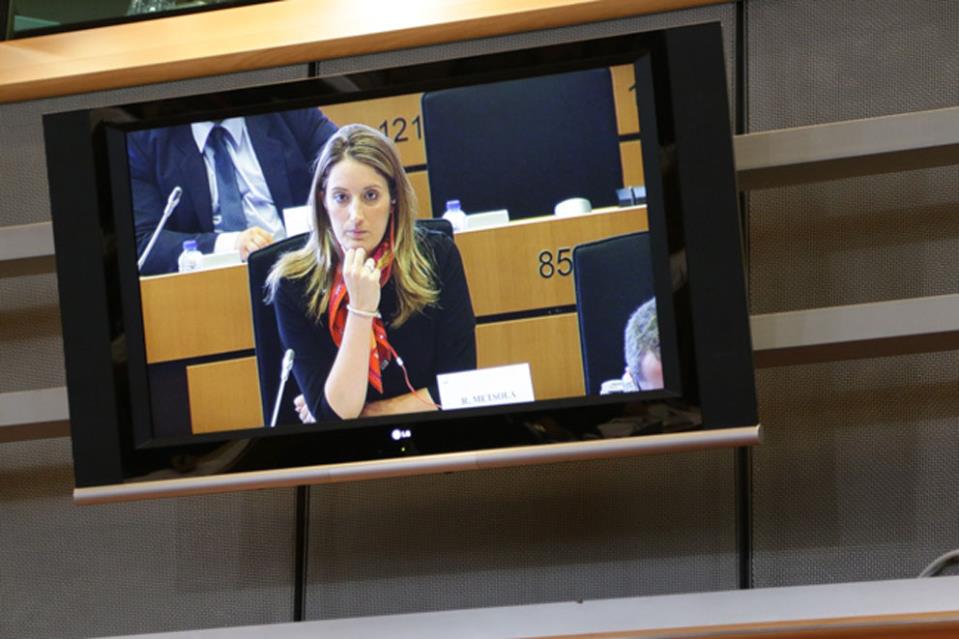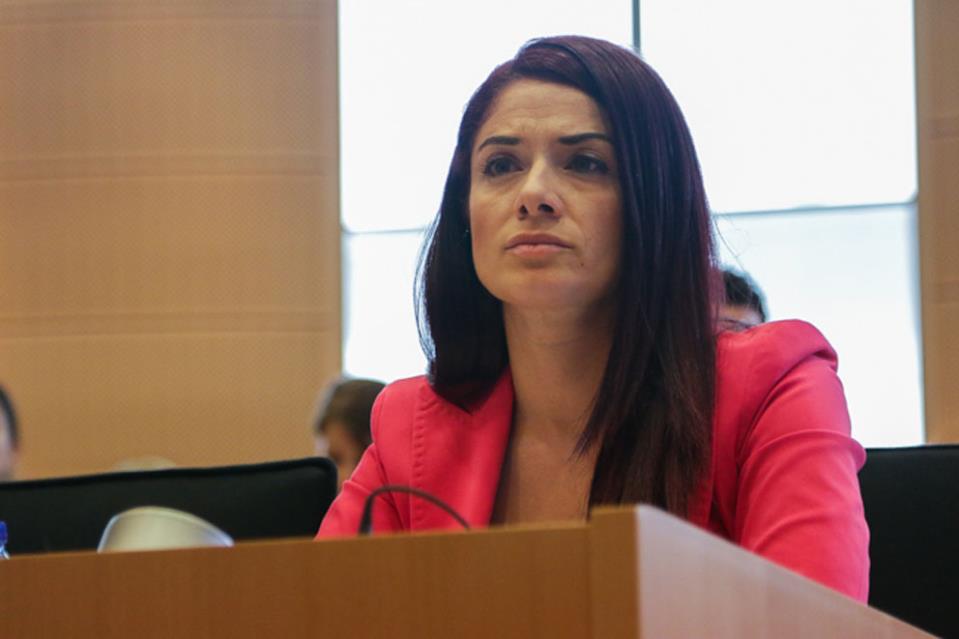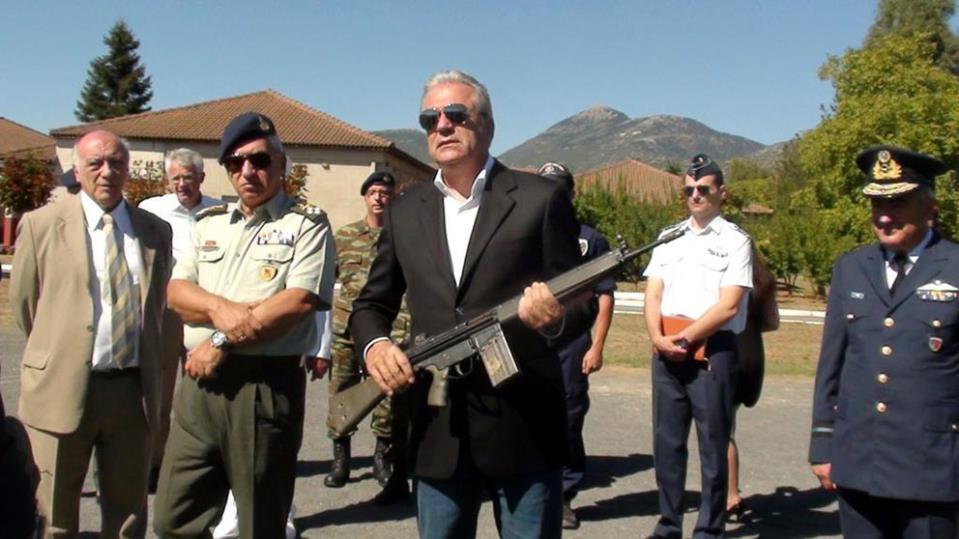The European Parliament is today ‘grilling’ the Commissioner-designate for Migration and Home Affairs Dimitris Avramopoulos.
He called the detention of migrants for more than 18 months unacceptable. These people are not criminals, he said.
His main tasks will be developing a new policy on regular migration, while at the same time tackling irregular migration. He will also be in charge of ensuring full implementation of the Common European Asylum System.
In his opening statement, Mr Avramopoulos said that the 'fortress Europe' mentality is not the way forward.
He said Europe needs to support the smooth integration of migrants.
"If we do not move together as a Union, we will not move at all."
He received a round of applause at the end of his opening statement, in contrast to yesterday's grilling of Commissioner-designate Karmenu Vella.

Replying to a question by PN MEP Roberta Metsola on migration, Mr Avramopoulos said the countries facing the most pressure must be helped, and Member States must show more solidarity.
“It is also true as you said that we do not have enough financing, but we have €90 million and there will be another €20 million
“Yes of course we will demand more money. The countries that face more pressure must be helped, and we should all show more solidarity,” he said in reply to Dr Metsola.
Mr Avramopoulos also committed himself to a study of the Dublin regulations.
In reply to another question, Mr Avramopoulos said that legal migration is the best way to combat illegal migration.
He hammered home the point that the respect for human lives must be the starting point of the EU’s migration policy.
“Those knocking on the door are not potential terrorists, they are people fleeing dangers that they know better than us, and they ask for our solidarity.”
Mr Avramopoulos said it is a good thing that search and rescue missions have been left to individual member states.
“Frontex is an excellent agency, but in its future form and through the cooperation of Member States, we would like to give more emphasis on search and rescue in the future.”

Replying to a question by Labour MEP Miriam Dalli, Mr Avramopoulos said that Frontex can develop into an authority which both protects borders and saves lives.
He expressed his intention to start an initiative to further strengthen the agency.

One MEP asked Mr Avramopoulos about a picture circulating on the internet showing him handling a gun.
Mr Avramopoulos said the picture was taken jokingly. He said he collects cartoons drawn up about the picture.
“I think this makes me more interesting as a politician.”
Answering a question posed regarding child trafficking, Commissioner-designate Dimitris Avramopoulos said; “I think we all agree that there should be a merciless war against all smugglers and traffickers as minors and children are the most vulnerable part of the population. There is a plan that will be put in place next year. We will draft a new action plan based on experiences from the previous one and cover any gaps which became apparent whilst becoming stricter and more efficient”.
MEP Pieter Niedelmuller asked about his priority areas for the EU’s security strategy.
"We have the means, the possibilities and the political will. Let me be clear, we don’t need new institutions but we need a new security strategy based on respect for fundamental rights, civil liberties. Only through international cooperations would we see results. We need new support systems through new technologies and through close cooperation and solidarity. This is my principled approach," Mr Avramopoulos answered.
Discussing organised crime, Mr Avramopoulos explained that €1 billion well spent will see results. “We are aiming for the dismantlement of all organised crime networks. This is an important issue and I must say that we are committed to fighting organised crime”.
In his closing speech, he said; “You enlightened many of my thoughts on many sensitive issues. I’m leaving this room more encouraged for my duties should I be approved. If accepted, I pledge to ensure that the EU adopts a holistic, global and effective migration policy based on solidarity and proportionality. We will assess new threats and challenges with respect to fundamental rights and create a safer environment for all citizens”.